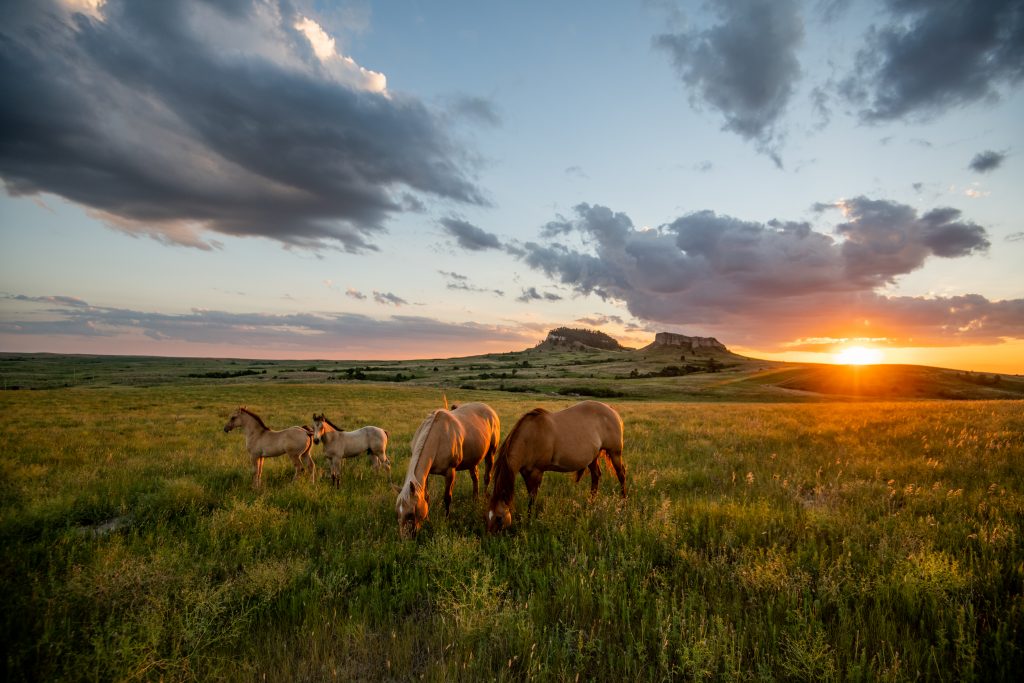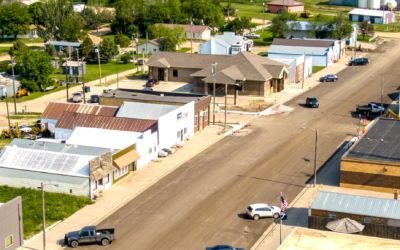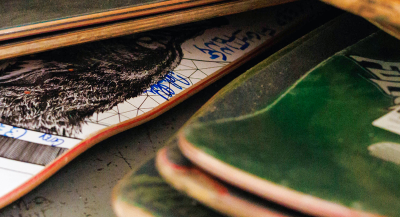How to Take Great Photos Without Spending a Fortune
Contrary to popular belief, you don’t need fancy equipment or an in-depth knowledge of every button on your camera to take a good photo. If you’re willing to learn the basics and devote time to practicing, your photographs can impress.
South Dakota freelance photographer Greg Latza has plenty of tips to help you improve your skills and take photos you’re proud of.
Farm Boy Turned Photographer
Greg has been a photographer for decades, but nearly found himself behind the wheel of a tractor instead of the lens of a camera. He grew up on a farm near Letcher and always imagined he’d follow in his parents’ footsteps.
“That’s what I thought I was going to do,” he says. “Then I decided I liked photography too much, and my sister and her husband took over the farm.”
Greg’s interest in photography dates to childhood. He enjoyed taking pictures with his mom’s instant camera, but never considered making a career of it until enrolling at South Dakota State University. After graduating, he worked for several Midwest newspapers, but in 1997 struck out on his own and became a freelance photographer. He specializes in branding and stock photography and has published a number of books showcasing South Dakota scenery. His clients include Tractor Supply Company and Kubota Corporation … proof that you can take the boy out of the farm, but you can’t take the farm out of the boy.
Practice Makes Perfect
Greg acknowledges that some people have a natural eye for photography, but anybody can sharpen their skills if they put in the effort.
“If you learn the basics, what good composition is, and try to convey a story, you can take good photos,” he says.
As with all things, practice makes perfect: the more time you put into learning photography, the better you will become. And today’s technology makes it easier than ever. Back in the film days, buying all those rolls was expensive. With digital cameras, you can shoot all you want without paying for film. Your only concerns are charging your batteries and deleting old photos.
Best of all, you don’t need an expensive camera to master the art of photography.
“What I used to tell people is, all the camera does is hold film,” Greg says. “Today, it holds the sensor. It’s really about the compositions you can make.”
Rather than invest in a fancy setup, Greg suggests you think strategically and decide what you can do to make a particular shot better. Ask yourself questions such as:
- Do I need to move closer?
- Do I need to move farther away?
- Do I need to get up higher?
- Do I need to get on the ground?
“You have to open yourself up to those ideas and not rely on the camera to take your great picture,” he advises.
The biggest mistake people make is settling for a single shot instead of pushing themselves further. Greg admits he’s guilty of this at times, too.
“There’s a lot of scenery shots I take and think, that’s just perfect,” he says. “I’ve taught myself to not be satisfied and spend a few more minutes exploring a different angle or vantage point.”
Looking at other people’s photography and seeing what inspires you is another crucial step in improving your skills. Paying attention to the time of day and type of light is important, too. Plan your shots around the so-called “golden hour” —dawn and sunset — and the effort will pay off.

Learn the Basics
All the features that come standard with today’s digital cameras can be intimidating to the novice. You don’t have to learn what every single button does, but it’s important to familiarize yourself with the basics. This starts with sitting down and reading the manual, so the technology isn’t a hurdle to taking good pictures.
“If you’re going to use any camera that has adjustable settings, you at least need to know the basics,” Greg says. “Learn enough to get by so you can start exploring and understanding why pictures change because of different settings.”
Greg believes aperture is the most important setting on your camera. It controls the brightness of the image and dictates how wide your depth of field is going to be — keys to professional-looking photos.
If you think an experienced photographer like Greg is opposed to mobile phone cameras, guess again.
“They’re pretty amazing,” he concedes. “The quality is really good. The only problem is, there are adjustments you would normally be able to do on a DSLR (digital single-lens reflex) that you can’t. It’s not going to be long before you can get a simulation of an actual lens on your phone … and then all bets are off!”
 Enter Our Photo Contest
Enter Our Photo Contest
Now that you’re armed with photography tips, consider entering the Golden West Photo Contest! Submit your photos depicting people, places, and things within the Golden West service territory and you could end up being featured in our small 2022 calendar.
Click here for a complete list of rules and to enter a photo.
Good luck and happy shooting!




